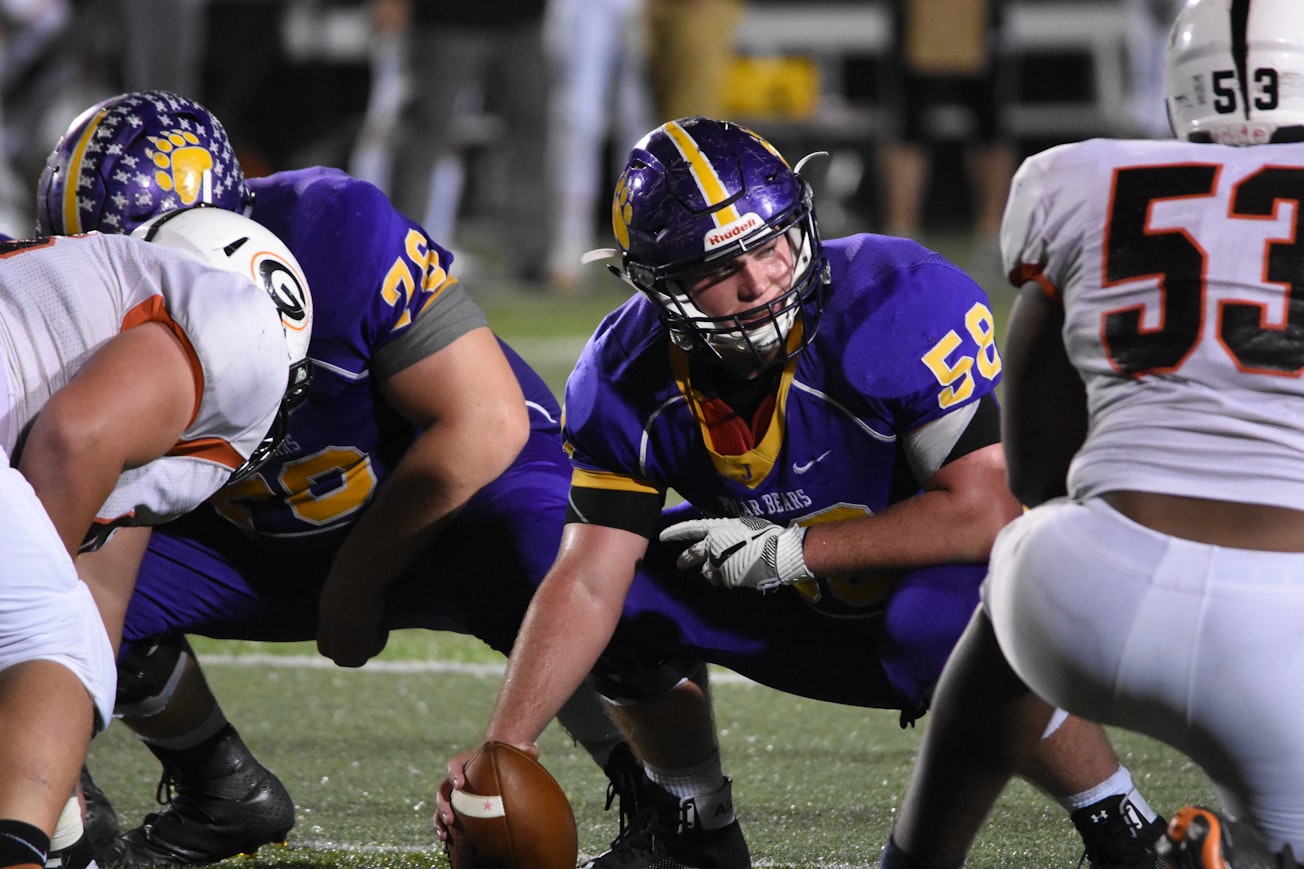What is it about?
Athlete confidence is linked to positive performance outcomes. This article is about understanding how much an athlete’s confidence depends on personal abilities and/or a teammate’s abilities when performance is a collective effort. The results indicate that those performing in high-dependence role tend to rate their confidence beliefs based on their teammate, whereas those performing in a low-dependence role tend to rate their confidence beliefs based on their own abilities.
Featured Image

Photo by Chris Chow on Unsplash
Why is it important?
If for some athletes, information about a teammate’s abilities is a source of self-confidence, then we have a more directed intervention for improving athlete confidence (and ultimately performance) that we otherwise would have ignored using typical approaches. This article demonstrates extensions and integration of current theories on self-, other-, and collective confidence.
Perspectives
I find it fascinating that sometimes our perceptions of others may be why we have confidence in ourselves, or vice versa our perceptions of our own abilities may be why we have confidence in a teammate.
Christine Habeeb
University of Stirling
Read the Original
This page is a summary of: It Depends on the Partner: Person-Related Sources of Efficacy Beliefs and Performance for Athlete Pairs, Journal of Sport and Exercise Psychology, September 2017, Human Kinetics,
DOI: 10.1123/jsep.2016-0348.
You can read the full text:
Resources
Contributors
The following have contributed to this page







